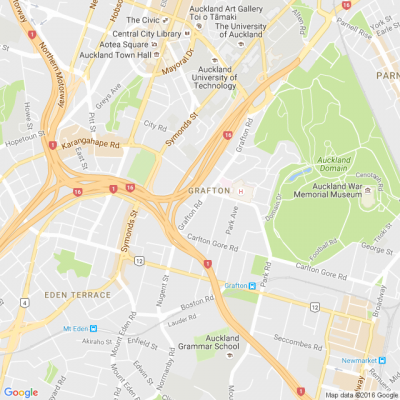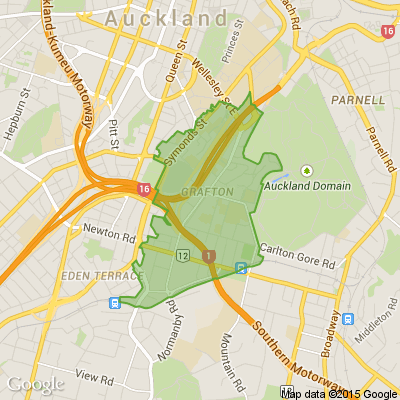Harbour Bridge lane closure - protests
The Treaty Principles Bill was introduced to parliament last week and could have ramifications on the partnership between the Crown and Māori.
Hīkoi mō te Tiriti (March for the Treaty of Waitangi) set off from Cape Rēinga on Monday morning and is expected to reach Wellington next Tuesday. It has now passed through Kaitaia, Kawakawa, Whangārei, Dargaville and is passing through Auckland on Wednesday.
What you need to know today:
- The hīkoi is due to cross the Auckland Harbour Bridge about 9.30am on Wednesday. Two northbound lanes will be closed at some point before the crossing, and remain closed during it.
- NZTA shared at 8:50am Wednesday:
'Curran St northbound on-ramp will be closed shortly, with two northbound lanes on the Harbour Bridge expected to close from approx 9.30am this morning. Allow extra time for likely delays through this area.'
- The hīkoi is expected to go across the Harbour Bridge, in a controlled fashion before marching through parts of the CBD towards Okahu Bay.
- Auckland commuters should expect traffic disruption in vicinity of both sides of the Harbour Bridge.
Stuff reporter Steve Kilgallon was at Stafford Park on the north side of the Harbour Bridge at 8.30am Wednesday and shared:
"I just walked through Stafford Park, where there’s about 400-500 people quietly assembled and more arriving; and about 20 police standing over near the motorway off ramp. Lot of Tino Rangatira flags in evidence, local streets very busy with parked cars."
Police have shared that they will respond accordingly to any issues that may arise along the route.

Valentine's Gifts
A collection of rare and fabulous books just arrived at the Red Cross Shop K Road! The perfect gift for your lover this Valentine's Day 💘
📍191 Karangahape Road, Auckland Central
🕐 Mon-Sun: 9.00am to 5.30pm
📞 093778072
Poll: As a customer, what do you think about automation?
The Press investigates the growing reliance on your unpaid labour.
Automation (or the “unpaid shift”) is often described as efficient ... but it tends to benefit employers more than consumers.
We want to know: What do you think about automation?
Are you for, or against?

-
9.4% For. Self-service is less frustrating and convenient.
-
43.5% I want to be able to choose.
-
47.1% Against. I want to deal with people.
Time to Tickle Your Thinker 🧠
If a zookeeper had 100 pairs of animals in her zoo, and two pairs of babies are born for each one of the original animals, then (sadly) 23 animals don’t survive, how many animals do you have left in total?
Do you think you know the answer? Simply 'Like' this post and we'll post the answer in the comments below at 2pm on the day!
Want to stop seeing these in your newsfeed? No worries! Simply head here and click once on the Following button.










 Loading…
Loading…